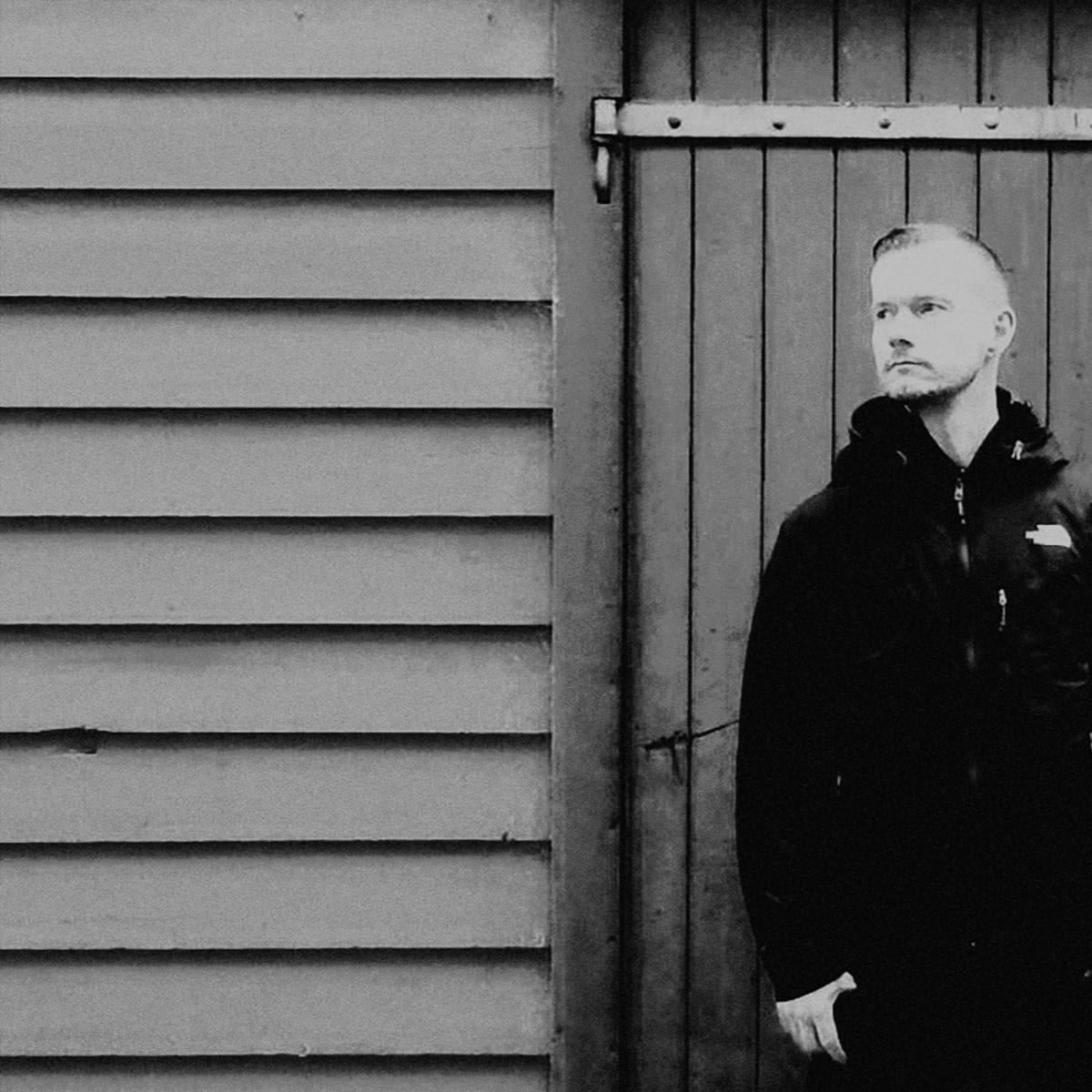
Once the unknown assistant of Nick Höppner, appointed to help him run and operate Berghain’s seminal imprint Ostgut Ton, it quickly became evident that Jenus Baumecker-Kahmke was a key component to the label’s mechanics. After cutting his teeth at Höppner’s side, dealing with all facets of the work of a label manager, Jenus was eventually handed the reins of the imprint in 2012, brilliantly steering and handling the label-turned-institution at a crucial time of its evolution, before ending his journey with O-TON last year, after five years of good and loyal service.
Ahead of HER DAMIT and the debut edition of 7001 Festival this summer in Germany, we caught up with Jenus to learn more about his musical heritage, love of vinyl and his involvement with the music and art world in London and Berlin. We also discuss his five year experience of working at Ostgut Ton, the ins and outs of what it means to run such a label and the challenges he faced when taking over the reins from his former boss Nick Höppner. Clocking in at 145 minutes, Jenus’ mix is a deep sonic journey into the realms of ambient and electro-acoustic music. Grab your headphones this is one serious trip for the mind and body!
Interview by Tom Durston
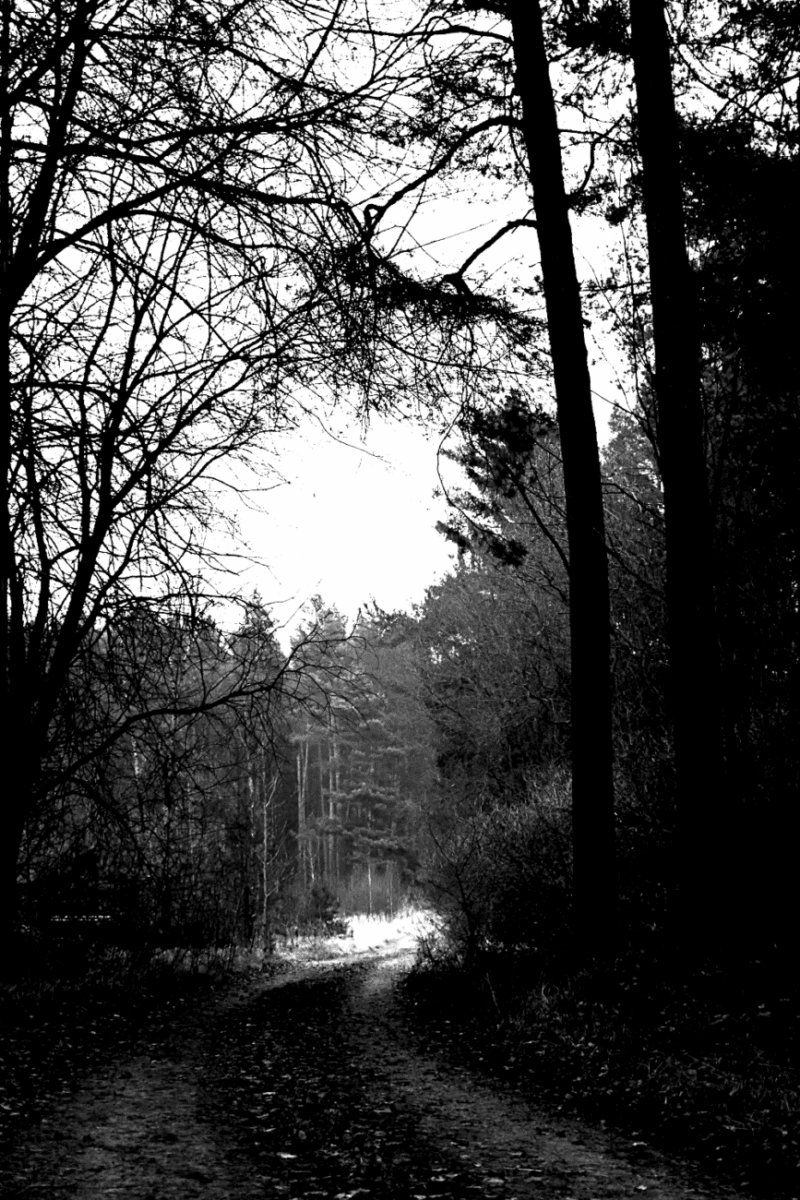
"I know a lot of people think they don't have enough time to listen to such a long mix, but I hope those who do will enjoy the journey."
Firstly big thanks for recording this deeply meditative ambient mix, it’s a real sonic voyage! Please can you tell us about your concept behind it?
The last 5 years I was basically only playing in the Halle am Berghain where I was involved in launching the elektroacoustic room as a chill out space for the bigger events, the Halle offers an opportunity to play very freely and go down different avenues of sound. I wanted to create a mix that reflects some of the styles I have played there over that period. I went through my old playlists and combined a few different elements, picked a few brand new tracks and then recorded it at home mixing it live in one take.
Where are you from?
I grew up in a very small town near Hamburg, Germany, then moved to London when I turned 20.
Looking back at your childhood, how was music introduced to you? Was it through your family, friends, music lessons or did you independently get into it?
Already as a child I was fascinated by vinyl records and started collecting 7“ singles when I was about 11. Aged 16 I got my first DJ residency at a local club playing a mid-week New Wave and EBM night. The owner of the venue had a gigantic all genres record collection spanning two decades of quality music that was played in his club during the 70’s and 80’s and he gave me full access to his archives.
He also gave me cash to buy current records for his collection, it was great because at that time there was no internet and for most teenagers access to music was very limited. At that time I got into the habit of record shopping once a week, there were really cool record stores in Hamburg and also Berlin where I also went to from time to time.
From what I’ve read, you used to live in London working in the art scene. Where did you live and what was your experience of culture (art and music) in the city? Was it what you expected, or was it a disappointment?
For me moving to London in the early 90’s meant to be in the center of music and creativity in Europe, there was so much going on there at that time, music, art and fashion was everywhere, so it totally fulfilled all my expectations and it really felt like home. I loved the east of London and lived somewhere between Smithfield and Old Spitalfields Markets for most of the 16 years I spent there.
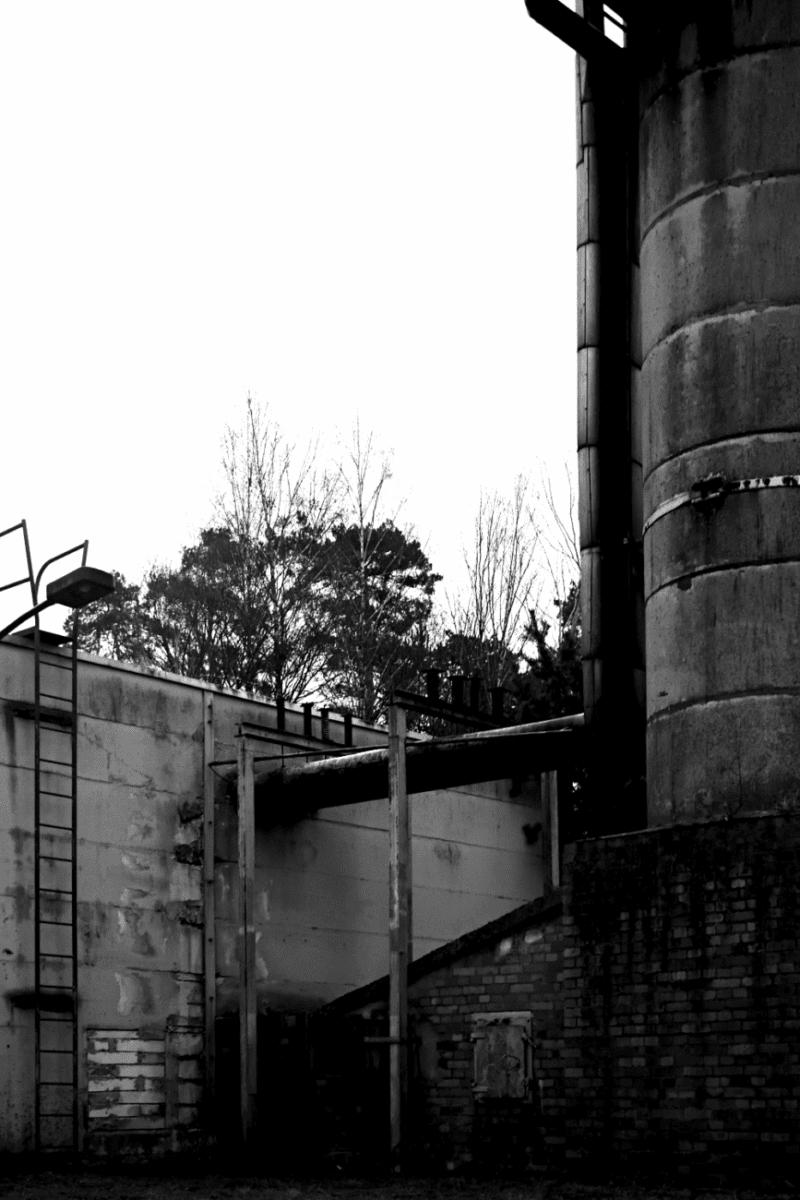
"The decline of creativity in London kind of went hand in hand with gentrification and rising prices, by the end of the 90’s most of my favourite music and art spaces had to close or were forced to become more commercial to make ends meet."
You stated in your Zehn interview “At the end of my time in London, I’d had it with the clubs. Things were only getting worse” – why was that? Can you give us an example of where and what provoked this realization?
The decline of creativity in London kind of went hand in hand with gentrification and rising prices, by the end of the 90’s most of my favourite music and art spaces had to close or were forced to become more commercial to make ends meet, new clubs like fabric didn’t really compare to the parties we went to before, the sound systems were getting better and the line-ups bigger but the vibe wasn’t the same.
Why did you decide to relocate to Berlin and what did you set out to achieve?
It was a very personal decision to relocate to Berlin, I wasn’t happy in London anymore and a lot of things were going on in Berlin, it felt natural for me to come here. After putting on some one-off art shows in London I felt creating a space for artists could be an interesting project and so I founded the RISE Berlin gallery and studio in Neukölln together with Lee Wagstaff.
Tell me about your old gallery in Neukölln, what was your vision for the artistic direction of the gallery and who did you exhibit?
I guess in some ways the gallery was a space for outsider artists, it also was one of the first galleries in Neukölln exhibiting internationally known artists from all over Europe, it was pushing boundaries in many ways which felt good as that is something that’s constantly getting harder to achieve. It was also the least commercial venture I ever took on. We still have the space but it’s been mostly dormant and mainly being used as artist studios.
At that time, how did you go about discovering new music? Was it through the people you were hanging out with, going to record shops or was it all by chance?
It took me a long time to adapt to less and less good record stores in the cities, after about two decades of going record shopping at least once a week it’s now quite rare that I visit a shop. I still buy heaps of vinyl but mostly order it directly from the labels or from a handful of online-only record stores.
It’s good and bad, you know, I have some records that took me 20 years to find, today almost everything is available somewhere online, it’s almost too easy in that way. People always ask me how I find the music I play but for me it’s a natural process, one record leads to another, it just happens instinctively, I have a natural curiosity so I listen to lots of music but I also know what I like.
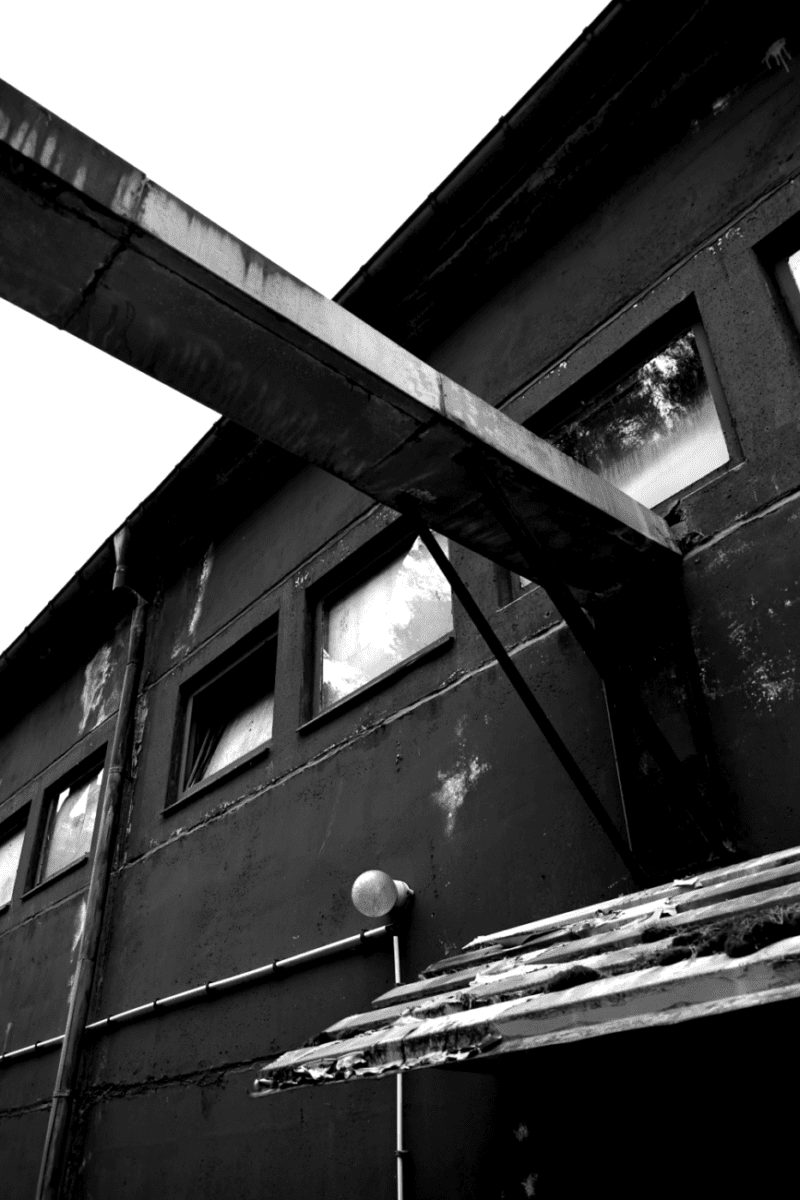
"People always ask me how I find the music I play but for me it's a natural process, one record leads to another, it just happens instinctively"
In 2012 you took over as label manager at Ostgut Ton from Nick Höppner (who we interviewed in 2010 for Fünf) – you worked there for 5 years overseeing the makings of label compilation Zehn, setting up the web shop, social networks and moving from mix CD’s to using Soundcloud. I can only imagine what a vibrant experience it was working as Nick’s assistant and then label manager. Looking back at your time at the label what were your defining moments (milestones that you are immensely proud of)?
The real milestone is the process, experiencing the ins and outs of what it means to run a label like Ostgut Ton, keeping it relevant and moving it successfully into its second decade. The Zehn compilation was a wonderful project, lots of work and planning and a pretty successful outcome, but I am very proud of a lot of things I have done at the label. I think the body of work I’ve left behind speaks for itself, there’s a lot to discover on the records that were released in those 5 years, a reflection of those years in the club but also some music people wouldn’t necessarily expect when they think of Berghain.
After 5 years as label manager – what provoked you to pass responsibilities over to someone else?
I think it’s a good rule that a manager’s job should be finite, it’s pretty common in other businesses so why should music be any different? At some point we all start to repeat ourselves and life is too short for that. For me I felt I wanted to experience other things, I was sad to take the decision to leave, it wasn’t easy, but I had to listen to my heart that said it was long enough.
Being part of the Berghain family makes me think that you will never be forgotten – do you plan to continue working in some shape or form with the club and record label? Providing artwork perhaps?
I have been artistically more involved with some of the artists than merely managing their projects on the label, this went as far as creating the artwork images for some releases, I carry on working very closely with Kobosil and Barker & Baumecker for example, but I am no longer involved in the overall aesthetic of where Ostgut Ton is heading, I am very curious myself about how it will evolve, it’s exciting for me to see. I will carry on playing in the Halle and at some other Berghain events, so you can still hear me there from time to time.
Lets talk about your transition from label manager to 7001 Festival and HER DAMIT. How did this all begin, who initiated it and how involved are you with the operations of the two festivals?
It’s a misconception that I am actively involved with the organization of either of these two festivals, it just so happens that now I have more time to DJ and these were two offers that I felt excited about and so I accepted both, I visited HER DAMIT the last three years and always had a great time, so I am very happy to play there this year.
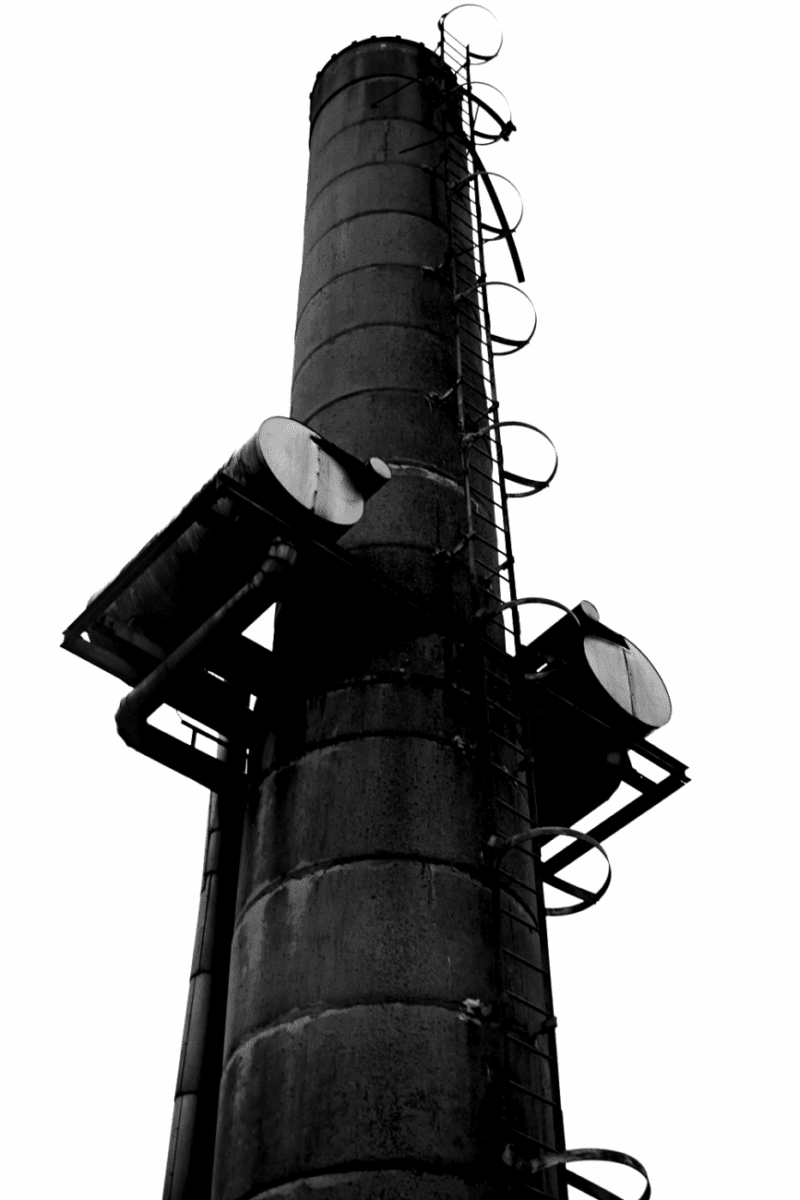
"I think it's a good rule that a manager's job should be finite, it's pretty common in other businesses so why should music be any different?"
At HER DAMIT you are performing a Disco-Pop-Party-Set as Innen+Aussen with nd_baumecker – tell us more about that project, your working relationship with nd_baumecker and forthcoming set.
We created Innen+Aussen as a project where we could play some of the music we normally only listen to at home, before I became Ostgut Ton’s manager we used to play quite often, mostly small bars or special rooms away from the main dance floors. It also took us to Tokyo where we played an ambient pop set at the Sound Garden, I kind of rediscovered my passion for playing ambient sets on that night as I really enjoyed it there.
Andreas and I listen to a lot of contemporary pop music that doesn’t really get played in clubs anymore, we just want to share some great music that people otherwise don’t get to hear so much, sometimes we play at birthday parties or other private events where our music tends to get a little more classic pop or trashy, people tend to let go a bit more in those type of environments and anything goes, we want to bring some of that feeling to HER DAMIT.
How about producing music solo? Surely you’ve experimented with your own productions – have you considered releasing a record?
I have my own music project called INNEN, it’s a band that has never released anything apart from some small private or secret physical items, if I can find the time to finish more music there might be an official release in the future, I wouldn’t rule it out.
7001 festival is focussed on techno and ambient music – as this is the debut edition we have no pre-conceptions of the festival – please can you describe what you are envisioning for the festival?
I’m sure there will be a nice vibe at 7001, there are a lot of lovely people involved and it seems a lot of care is being put into making everyone feel comfortable, launching a new event is always a bit daunting but lots of the crew are very experienced and they have the right intentions so I am not really worried, I’m certain it will be a great weekend with good music.
Finally anything else that you would like to mention?
I want to apologise that my mix is almost two and a half hours long, I know a lot of people think they don’t have enough time to listen to such a long mix, but I hope those who do will enjoy the journey. I have included a lot of favourites but 145 minutes of music is really nothing for me, so this can only be a small glimpse into what ambient music can do.
It’s nice to see that more and more clubs and festivals add ambient floors, considering the vast amount of music that gets released and consumed in this field it’s only fair that you get to hear more of it outside of your home. I consider this mix almost easy listening (which electro-acoustic music is by no means at all times), so hopefully it’s also a nice introduction if maybe this kind of sound is a bit unfamiliar to your ears. Thank you for having me!
HER DAMIT is an intricate techno and house music festival held 50km from Berlin at the Bunkeranlage Freudenberg taking place between 8 – 10 June 2018.
7001 Festival takes place between 17 – 19 August at the former barracks and military grounds of the East German bunker number 7001.
Discover more about Jenus on Inverted Audio.
JenusOstgut TonAmbientElectroacoustic7001 FestivalHER DAMIT